Catalonia can count on La Roda already since 37 years. Since 1977, as a foundation or as a coordinator of other associations, La Roda has introduced the Catalan culture and its traditions to kids and teenagers across Catalonia through educational entertainment and leisure activities. In order to respond to the new needs of a changing society, La Roda has a social and inclusive element that makes it the sociocultural entity it is today, an organization that fights against exclusion and for a cohesive society. In this interview, its Director Anna Corbella shares with us the essence of La Roda.
Which needs led to the creation of La Roda? How have these changed after 37 years?
La Roda was founded in 1977 to coordinate those organizations that brought Catalan culture to communities and towns where culture did not reach to by itself, for example towns with high immigration rates that were beyond the Administrations’s range of influence. This was achieved through leisure activities (shows and workshops) based on Catalan traditions as the "Caga Tió" at Christmas, the "Carnestoltes" (Carnival) or "Sant Jordi". In 2003, on the one hand, we turned into a foundation to expand our fundraising opportunities beyond public subsidies. On the other, we detected new needs all over the country. It was not enough to promote culture. A social implication was also required, as those teenagers and youngsters were exposed to new risks (social neglect, drugs, cultural seggregation, etc.). We were forced to take a further step. This is how we developed new workshops, apart from our shows, trying to get hold of these young people and fighting against exclusion. As of today, this has converted us into an organization for leisure with a social commitment.
Where does the deficit lie?
We work together with 81 associations from 35 towns around Catalonia. Each town and, furthermore, each association, has its own particular needs. And, of course, the youth of 1977 was not the same as what it is now. Back then, we started with immigration coming from the South of Spain. Nowadays, we host immigrants from all over the world. Many of these children were already born here, but they neither receive enough attention at home nor are being offered a beneficial leisure option. These children and youngsters may end up teaching their parents the Catalan culture, language and traditions. The associations’ mission is to introduce this cultural knowledge and to work towards social cohesion. La Roda’s task is to provide them with the appropiate tools.
How does the relationship between La Roda and these organizations work?
Nowadays, La Roda is made up of 81 associations, and there is even a waiting list. Member associations pay a nominal fee of €35 per year and we grant them workshops, programs and quality-shows for free all along the season. At a local level, the associations count on their own volunteers. There are about 1000 volunteers involved in La Roda, but each group is independent and fights for its own projects. The new youngster generation requires a new kind of workshops to catch their interest. This is how projects like Actuem! or Comunica’t were born. They are astonishing projects, because it is amazing to see how these young people develop their skills and talents when they get the chance to exploit them. In some cases, these guys have even created their own associations and go performing their shows around their district. They get caught, and this is the very aim of it. To raise their interest and – through the tools we provide them with – allow them to solve their own problems. We also celebrate the Tamborinada, which is the annual festival where all associations show their work. We do that in the Ciutadella in Barcelona and we fill the park with workshops, shows and lots of children. We even have the Tamborinada Hymn, a rumba catalana song that brightens up the party.
“There are astonishing projects, because it is amazing to see how these young people develop their skills and talents when they get the chance to exploit them”
La Roda is currently running 7 workshops or programs. Is there a specially outstanding one?
No doubt: the one called Actuem!, that results in Deslimita’m! It is a program based on social theatre, a great integrative tool that helps teenagers to explain their worries, concerns and problems through acting. It is developed along 32 sessions and the participants are organized in groups of 15 people. There is also an actor who coordinates them and provides the knowledge on dramaturgy and explains the value of commitment. In addition, there is a social educator who watches over the proper functioning, empathy and psycological aspects. Even though participants don’t feel comfortable until the 6th session, they feel very attracted by this program. In the end, it’s them, these boys and girls, who propose the topic on which the performance will be based and present it at the Deslimita’m! Several ethnic groups get mixed here (gipsies, Pakistani, Chinese, coloured, etc.) and if initially there’s a problem between them, it finally disappears. Their relatives will attend the workshop Deslimita’m!, people who may not be concerned about the problems affecting their sons or daughters. The families usually respond to our call, but not always. There are cultural issues and questions about customs that make things quite difficult sometimes. So, on one hand we must educate the kids but, on the other, their families must be educated, too. Today, there are ten groups (with 15 people each) who carry out this project.
Where does the money come from to pay the professionals who create the shows and lead the workshops?
Most of it is public funding, that still holds true. But since 2003 we have also knocked on many doors, looking for private funding. Certainly, enterprises feel sensitive and are willing to collaborate, but they also have economic difficulties right now. As a result of this they do cooperate, but mainly paying in kind. For instance, the theatre where we perform Deslimita’m! is rather expensive, but on the day of the performance we get the usher, the sound engineer and the hall itself for free. There are also companies which provide us with picnics or snacks, and others that make some economic contribution, as is the case of our suppliers. There is also the so called “corporate volunteering”. For example: there’s one association that needs to paint a wall and there’s an enterprise within that industry that responds and provides the painting and some volunteers to do it. So we also work in terms of corporate social responsibility. This allows some private enterprises to take part in the project.
“Brainstorming is a constant element here. It is essential not to stop thinking”
Where is La Roda heading to?
Each year we improve our projects – or at least we try to! This year, for instance, we have included Montse Guallard – a celebrity here in our country – as a patroness in our program Actuem! Next year we would like to provide Deslimita’m! with a recorded video that will show the work done all along the sessions. This way the video will go far beyond the final representation, because the most important is in fact the process of creation. Now we are trying to invite a professional playwright, who will provide some added value. We have also developed a new project (Tiretades) about art-therapy. In fact it was part of another project, but we thought it was so powerful that it ended up providing the second edition of the independent program at the Hospitality Classroom of Can Ruti.
We try to make ourselves each time more and more visibles. We explain what we do and we see that despite all difficulties, there is a response. Innovation, creation and will to improve are ever-present Brainstorming is a constant element here. It is essential not to stop thinking. We will never throw in the towel in times of crisis. On the contrary. We innovate! We create! We go on!
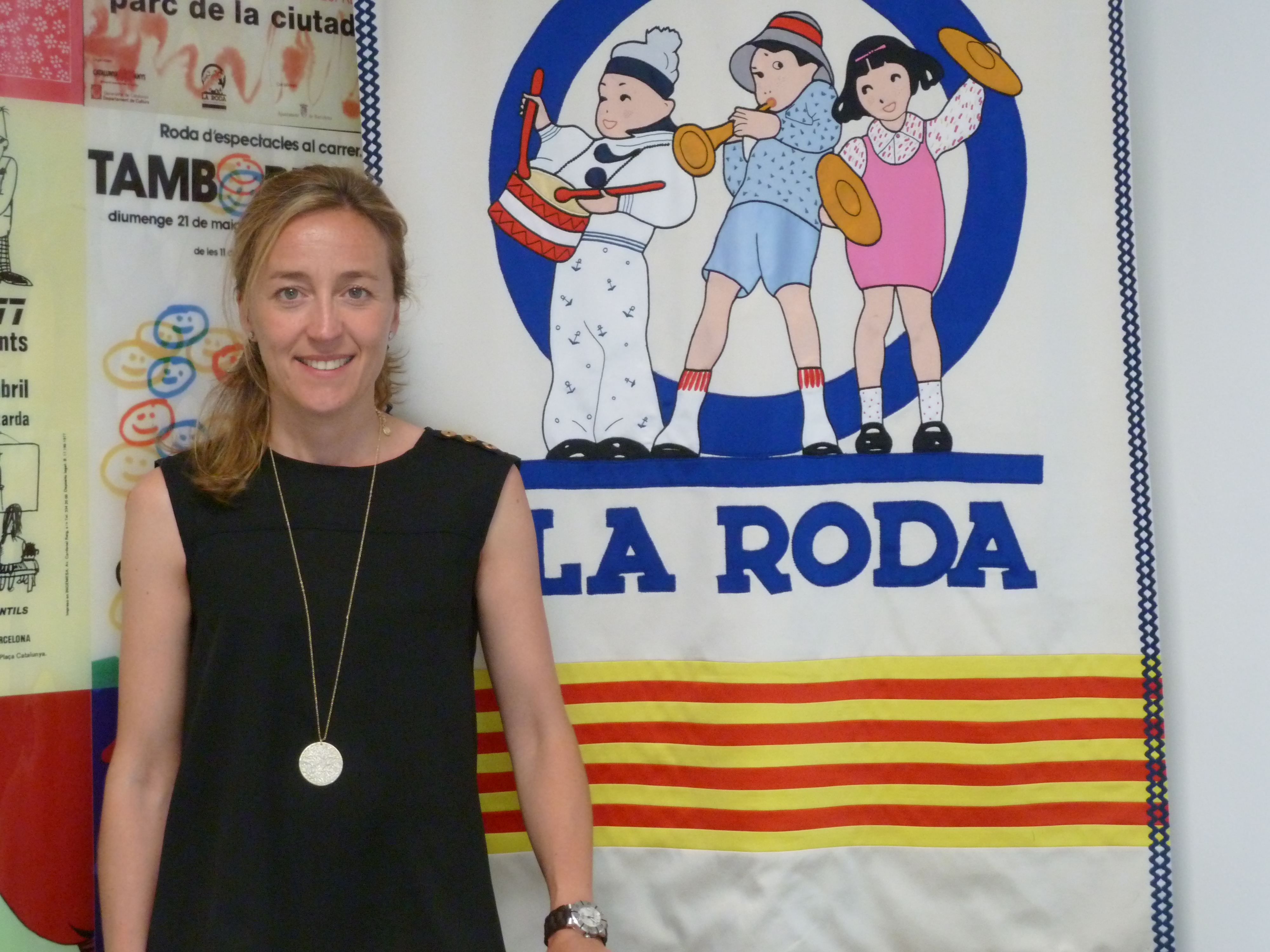
Anna Corbella, Director of the Fundació La Roda (La Roda Foundation), explains the cause they fight for and presents the work they do all across Catalonia.
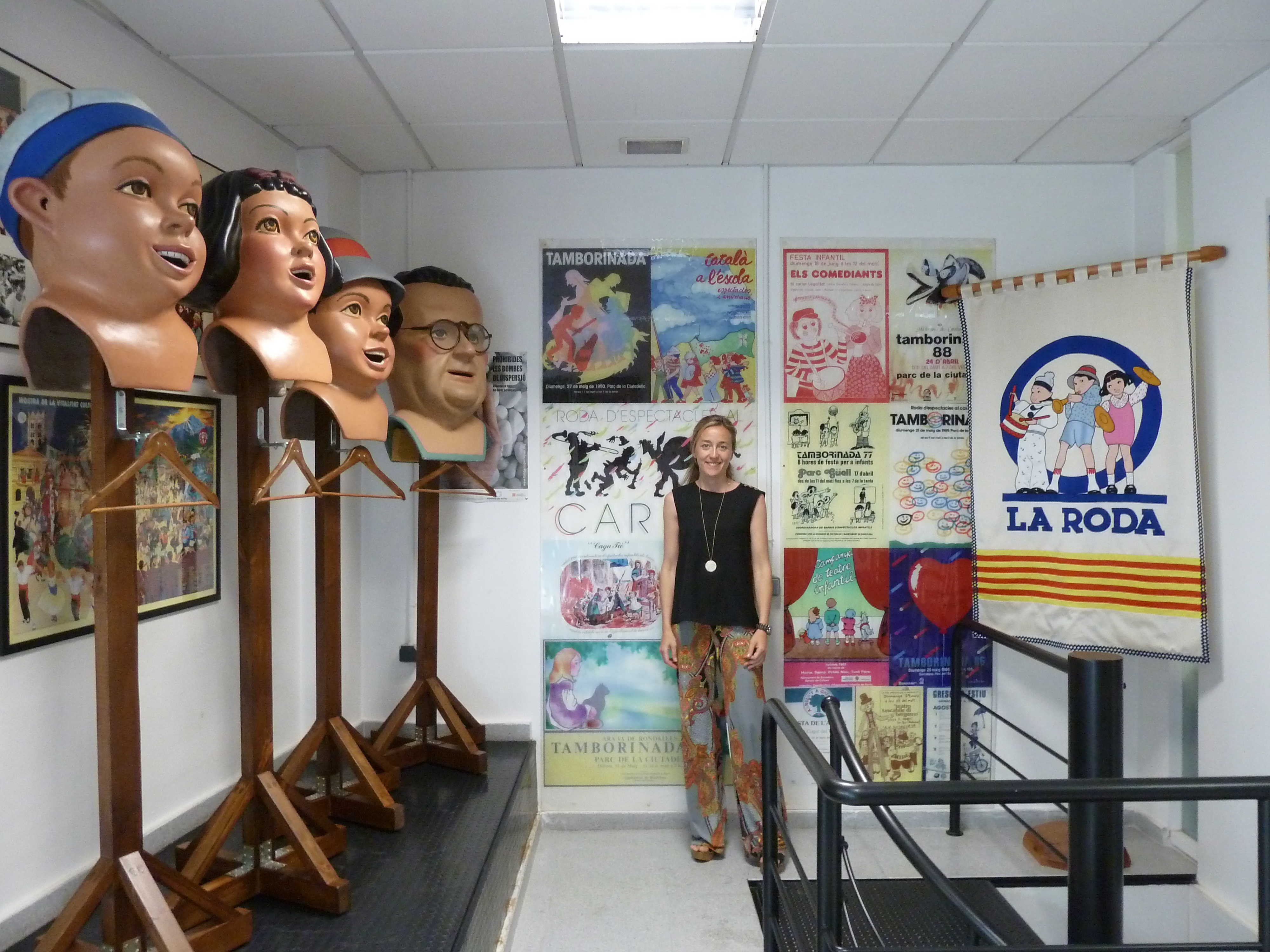
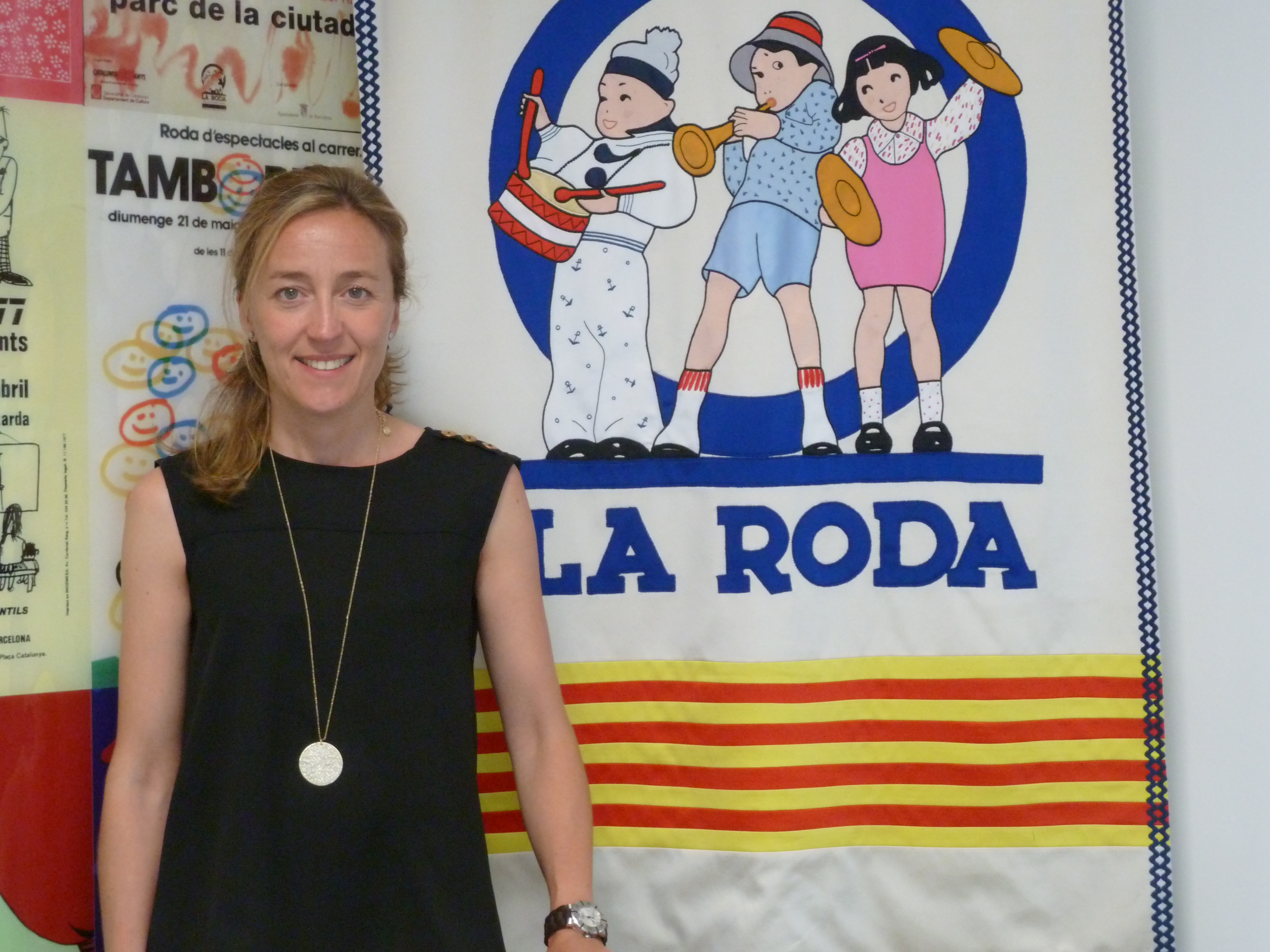
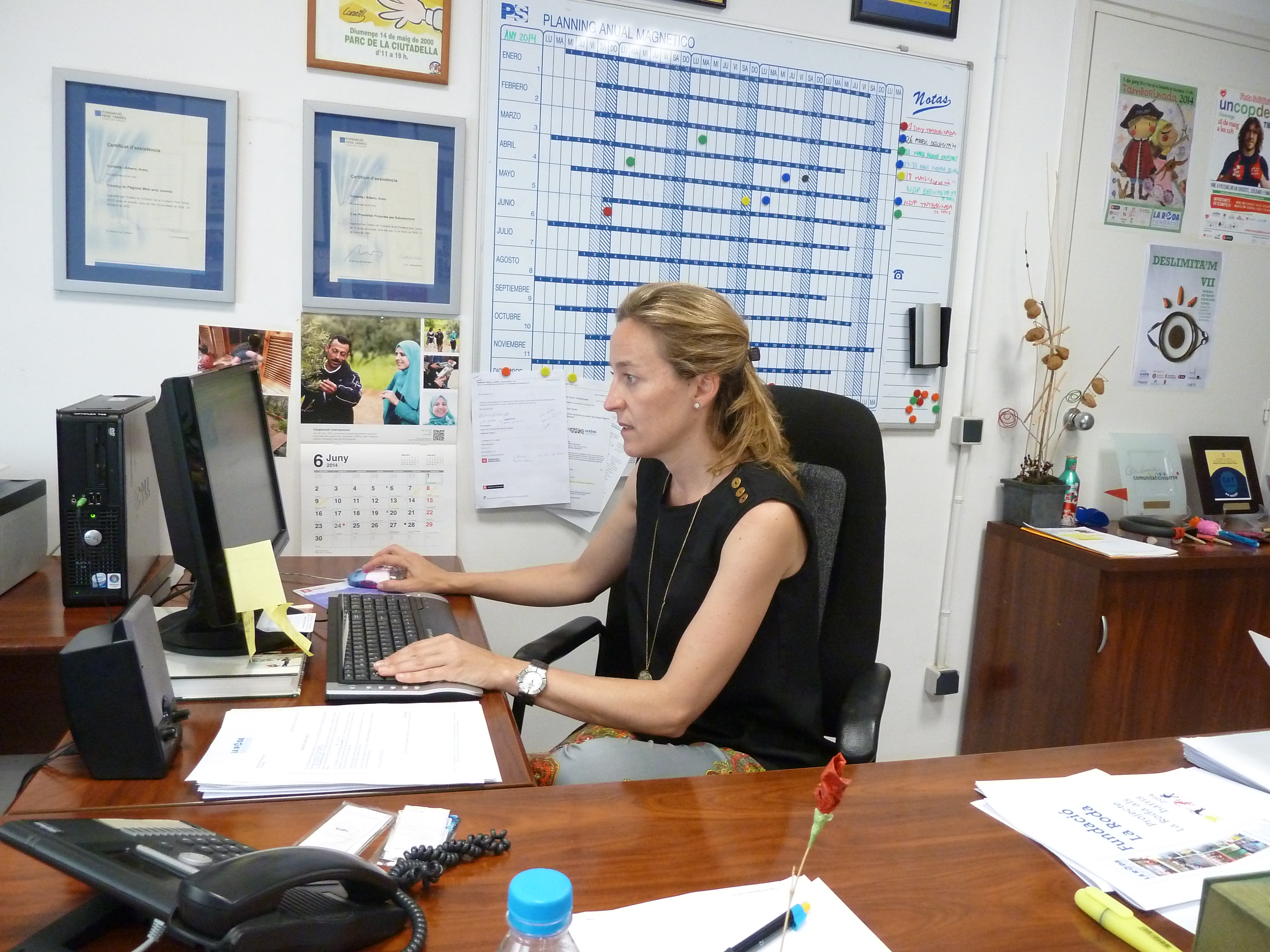
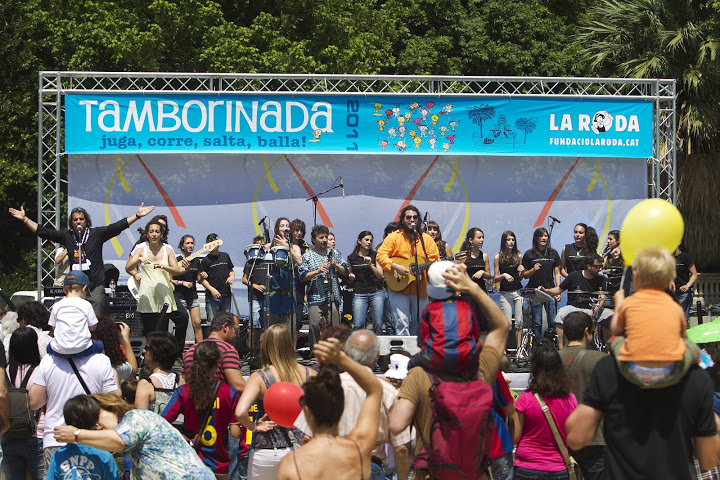
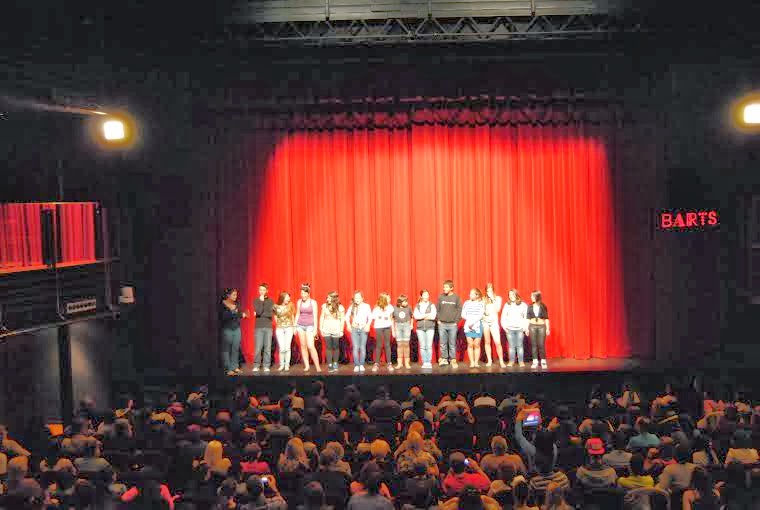










Afegeix un comentari nou